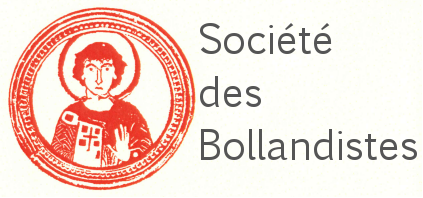| Iohannes Beccus Cpl. ptr. XI, Apologia |
As suggested by Laurent and Darrouzès, this oration was very likely composed during Bekkos' patriarchate.
PG 141, 1009-1020 |
Études sur l'œuvre |
|
|
62 |
| Iohannes Beccus Cpl. ptr. XI, De pace ecclesiastica |
Two different redactions of this text are preserved, the first one written while Bekkos was patriarch of Constantinople, and the second one after his deposition.
Bekkos says that this writing, which is an historical demonstration on the necessity of Church union, is the first half of a two-parts demonstration: the second one, dedicated to the theological argumentation, is the "De processione Spiritus Sancti".
PG 141, 925-942 (partial edition) |
Éditions, Édition de référence |
Critical edition and French translation |
|
59-70 (intr.), 424-457 |
| Michael Anchialus Cpl. ptr. III, Dialogus de unione Latinorum et Graecorum |
L'autenticità dell'opera è stata messa in discussione da Jean Darrouzès, il quale ha proposto per la sua composizione una datazione al XIII secolo (vedi bibliografia) |
Éditions, Autres éditions |
|
|
45-59 (intr.), 346-375 |
| Nicephorus Hagiorita, Dialexis |
|
Éditions |
|
|
82-88 (intr.), 486-507 |
| Iohannes Beccus Cpl. ptr. XI, Aduersus eos qui dictum sancti Cyrilli proponunt |
Leo Allatius printend this work as the twelfth chapter of the "De processione Spiritus Sancti" by the same author, but in fact it constitutes an independent work.
PG 141, 249-276 |
Études sur l'œuvre |
Laurent and Darrouzès first pointed out that this work constitutes a separate one from the "De processione Spiritus Sancti". |
|
61 |







